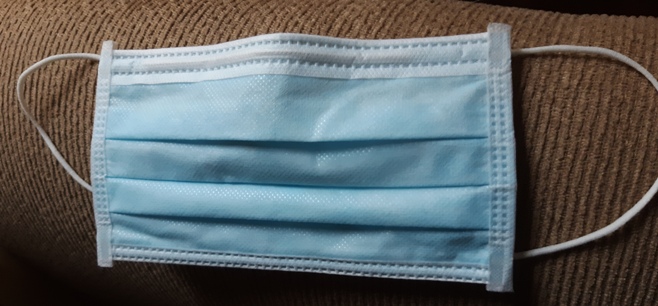
Governor Raimondo Provides Updates on Cloth Masks, Health Insurance Enrollment
Governor Gina M. Raimondo and Nicole Alexander-Scott, MD, MPH, the Director of the Rhode Island Department of Health (RIDOH), made several announcements today about the state’s response to coronavirus disease 2019 (COVID-19).
- Face coverings: The Governor signed an executive order clarifying the state’s directives around cloth face coverings. Beginning Saturday:
- All employees of customer-facing businesses, office-based businesses, manufacturers and nonprofits, must wear cloth face coverings when they are at work.
- Business must provide face coverings for their employees. Face coverings can include scarves, bandanas, and other homemade and non-factory-made masks.
- Additionally, all customer-facing businesses must take steps to remind customers to wear face coverings. That means they should be putting up signs at the door reminding customers to wear a face covering inside.
- The only exceptions from these rules are for anyone whose health would be in jeopardy because of wearing a face covering or any children under 2 years old.
- Health insurance: The Governor announced that HealthSourceRI is extending their special open enrollment period through April 30. Rhode Islanders looking to purchase coverage should visit www.healthsourceri.com.
COVID-19 Data Update
Dr. Alexander-Scott announced today that Rhode Island has 275 new cases of COVID-19. This brings Rhode Island’s count to 3,251. RIDOH also announced seven additional COVID-19 associated fatalities. Of these people, two were in their 60s, two were in their 70s, and three were in their 80s. Of these seven people, three people were residents at nursing homes and one person was a resident at a group home. Rhode Island’s number of COVID-19 associated fatalities is now 80. A full data summary for Rhode Island is posted online.
Key messages for the public
- Anyone who is sick should stay home and self-isolate (unless going out for testing or healthcare).
- The people who live with that person and who have been in direct close contact with that person should self-quarantine for 14 days after the last day that that person was in isolation. Direct close contact means being within approximately 6 feet of a person for a prolonged period.
- Help is available for people living in quarantine or isolation due to COVID-19. Visit www.RIDelivers.com for connections to groceries, home supplies, restaurants, and mutual aid groups. People can also call 2-1-1.
- When people are in public, they should wear a cloth face covering. A cloth face covering is a material that covers the nose and mouth. It could be sewn by hand or improvised from household items such as scarves, T-shirts, or bandanas.
- Groups of more than five people should not be gathering. Always avoid close personal contact with other people in public.
- Healthcare workers should not be going to work if they are sick (even with mild symptoms).
- People who think they have COVID-19 should call their healthcare provider. Do not go directly to a healthcare facility without first calling a healthcare provider (unless you are experiencing a medical emergency).
- People with general, non-medical questions about COVID-19 can visit www.health.ri.gov/covid, write to RIDOH.COVID19Questions@health.ri.gov, or call 401-222-8022. This is the COVID-19 Hotline that RIDOH has available to the public.
- Everyone can help stop the spread of viruses in Rhode Island.
- Get your flu shot, and make sure the people around you do the same.
- Wash your hands often throughout the day. Use warm water and soap. If soap and water are not available, use hand sanitizer with at least 60% alcohol.
- Cough or sneeze into your elbow.
- Stay home and do not leave your house if you are sick, unless it is for emergency medical care.
- Avoid touching your eyes, nose, or mouth. Germs spread this way.

